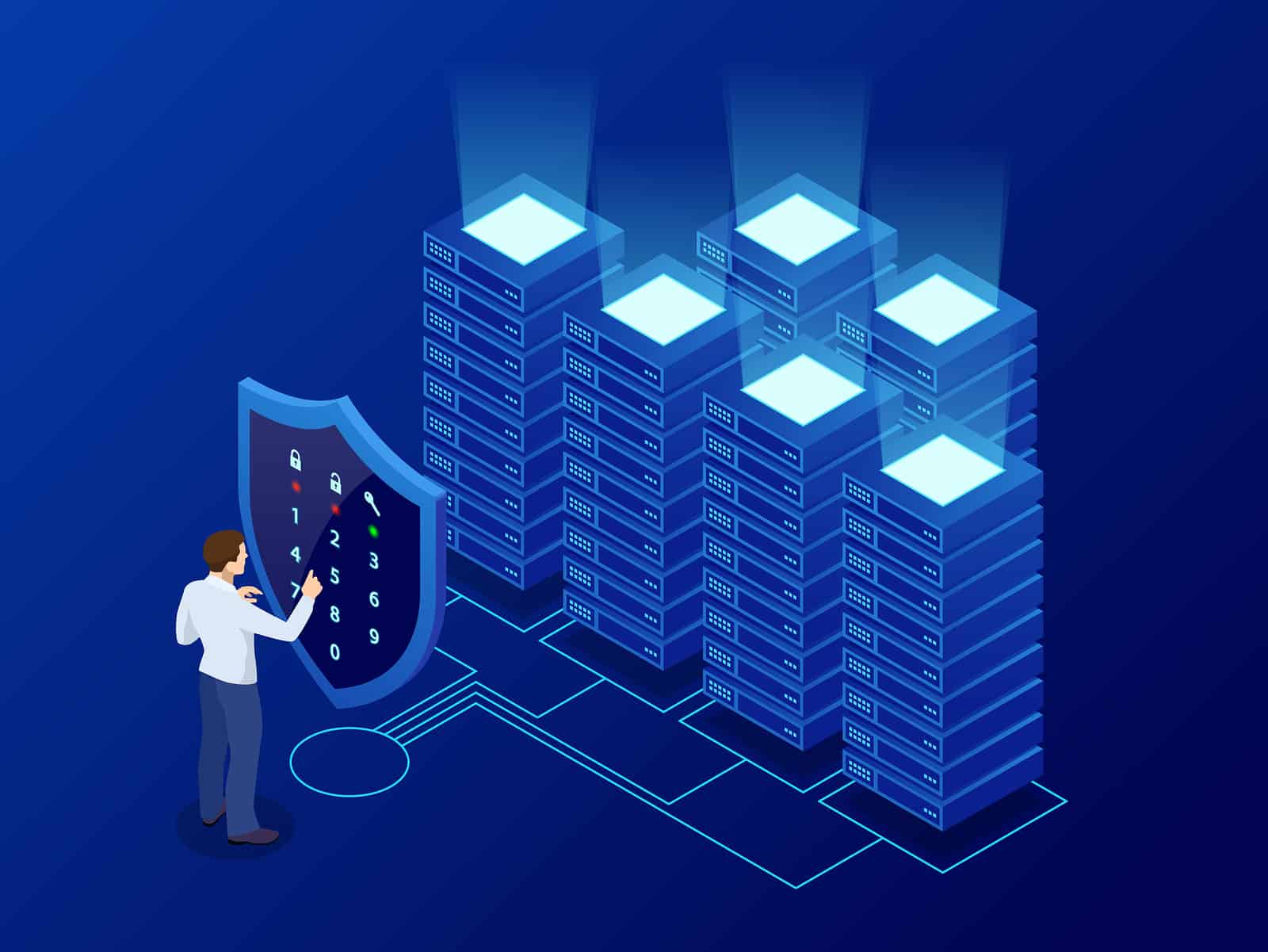The Importance of Data Stewardship Agreements Across Companies
Actian Corporation
July 9, 2019

There has been much talk recently about the technical implications of leveraging SaaS solutions and the benefits of integrating data across supply-chain networks. Today, most companies aren’t vertically integrated and, therefore, rely on a network of suppliers and distribution partners to transform raw materials into the finished goods and services customers consume.
It makes sense in the era of digital transformation initiatives that integration of IT systems and data sharing across companies have become high-priority strategic initiatives. Integration is great, but it raises a new set of issues about data quality, security, and governance that companies must now address.
If you are considering cross-company integration, then you should also be establishing formal data stewardship agreements with the companies with whom you integrate.
What is a Data Stewardship Agreement?
Data stewardship is a term that has been used in the data management profession for many years and refers to the set of activities that are performed to manage and monitor the quality of company data and control how the data is used. Enterprise data can be quite voluminous and diverse. It isn’t practical for one person or team to understand, “own” and manage the end-to-end data set.
Data stewards are the people who understand the company’s data, how it is created, where it is modified, when it can be archived/deleted, and who should be using it. Their job is to safeguard the integrity of the data and ensure it is used appropriately.
Each IT system and/or business function has unique data related to its operations and with its stewardship considerations. Examples include customer data, sales records, HR data, supplier orders, etc.
For cross-company integrations, data stewardship becomes more complicated. Instead of relying on a person to be a data steward, contractual documents called data stewardship agreements are used to outline each organization’s responsibilities in managing data, constraints about how data is used or shared, and disclosure requirements for any data-policy violations.
Why Are Data Stewardship Agreements Important?
Efficient supply-chain processes require the free flow of information between companies, but it also creates a significant potential for risk and misuse of data. For example, a component supplier may need visibility of the pipeline of new products and services being developed, but it should be constrained from sharing that information with competitors. A marketing company may be hired to do customer-segmentation analysis, but the personally identifiable customer data it uses must be protected from potential data breaches. An IT-support provider may be granted access to ITSM data about outages, security vulnerabilities and bugs, but this information could be embarrassing to the company if released to the public.
Data stewardship agreements are important because they enable companies to extend their enterprise-data sets to include data created and aggregated across the entire supply chain while providing a set of enforceable guidelines and controls to mitigate risk. It is important your data stewardship agreements be robust yet unambiguous. They should be in writing and included in the contractual documents that govern the relationships with your company’s trading partners. These agreements can also be used to establish liability and potential reparations in the event of a data breach (which is happening much too often recently).
Modern technology makes integration of business processes across companies and IT systems much easier. It is resulting in new business models, greater specialization and access to global markets that weren’t within reach for most companies a few years ago. Sharing data is important, but it should also be approached carefully. Data stewardship agreements are an important and effective tool for brokering your data-sharing relationships across companies.
Subscribe to the Actian Blog
Subscribe to Actian’s blog to get data insights delivered right to you.
- Stay in the know – Get the latest in data analytics pushed directly to your inbox
- Never miss a post – You’ll receive automatic email updates to let you know when new posts are live
- It’s all up to you – Change your delivery preferences to suit your needs